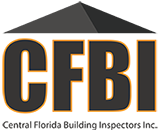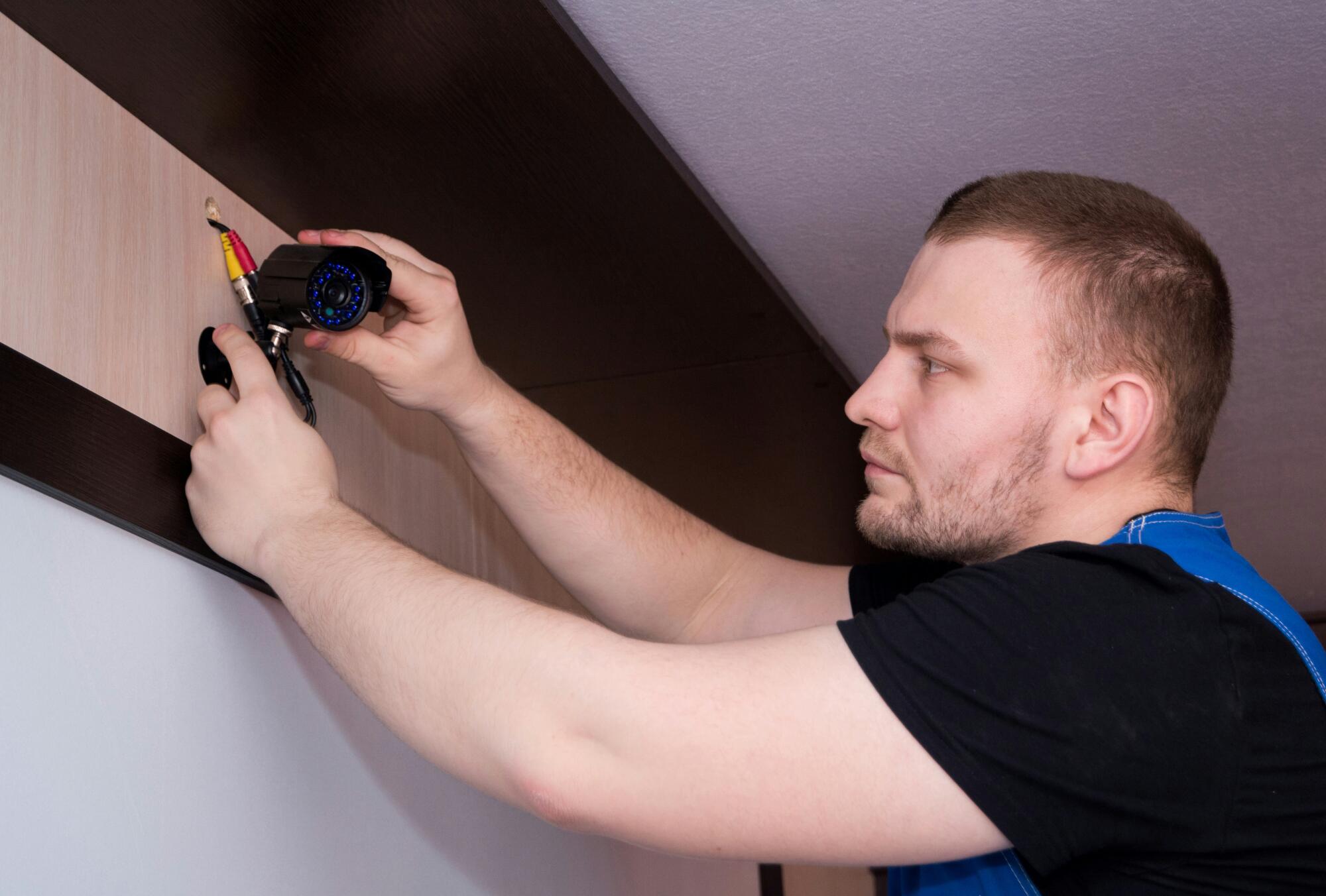Orlando’s housing market is undergoing a significant transformation. With inventory levels reaching their highest in years, buyers now have more options than ever before.
According to data from Reventure App, in November 2024, inventory growth in Orlando had surged to 12,644 active listings. This represents a remarkable 50% year-over-year increase from 8,428 listings in November 2023.
However, a new home inspection is a frequently overlooked aspect of the home-buying process. With the right property inspection tips and expert help, real estate inspection updates become essential tools.
Learn more about how you can meet inspection standards and navigate inspection process changes with this homebuyer checklist below.
Track Inspection Checklist Updates
Tracking inspection checklist updates ensures you’re always prepared. As inspection standards evolve, keeping up-to-date is key. New technologies and processes can change how homes are evaluated.
Use a checklist to monitor progress during each step. Doing so ensures that no critical area is overlooked. This includes areas like:
- Foundation checks
- Electrical systems
- Plumbing inspections
- Roof condition
- HVAC systems
- Pest damage
A well-maintained checklist is your guide to avoiding surprises and making informed decisions. Regularly reviewing updated checklists helps you stay on top of important tasks.
With every update, you gain clarity on the latest inspection requirements. It gives you confidence throughout the inspection process while protecting your investment.
Pest and Termite Inspections
Pest and termite inspections are an essential part of any new home inspection. Termites alone cause an estimated $6.8 billion in property damage each year (Business Wire). Other pests like ants, rodents, and cockroaches can also sneak in and become a health risk and cause damage.
Regular inspections catch early signs of infestation. Look for mud tubes, hollow wood, or droppings. Have professional inspectors check common places where pests can hide inside, like:
- Walls
- Crawl spaces
- Basements
- Attics
- Wooden framing
- Plumbing entry points
Even new construction homes aren’t immune. Hidden pests can slip through during construction. They can cause serious structural damage before you even notice a problem.
Technology Integration in Inspections
Technology is changing the way inspections are done. Modern tools now enhance every step of the new home inspection process.
Drones provide aerial views of roofs and hard-to-reach spots. Infrared cameras detect hidden moisture and insulation issues. Mobile apps help inspectors log issues in real time.
Digital reports are faster, clearer, and easier to share. These upgrades improve accuracy and transparency. Buyers get more insight with less guesswork.
Embracing tech-based real estate inspection updates means fewer surprises after move-in. Ask if your inspector uses the latest tools for better, smarter inspection results.
Focus on Energy Efficiency
Energy efficiency is a key part of today’s new home inspection. Buyers want homes that reduce energy use and lower utility bills. The use of ENERGY STAR appliances in a home can save around 30% on utility bills, equating to around $8,750.
Inspectors check insulation, window seals, and HVAC systems. They also assess appliance efficiency and spot potential air leaks. These areas affect daily performance and long-term savings.
A home with strong energy features can be easier to maintain. Ask your inspector to highlight any problem spots.
Simple fixes now can prevent higher costs later and improve overall performance.
Building Codes and Compliance
Building codes and compliance matter, even in new construction. Just because a home is new doesn’t mean it’s perfect. Mistakes happen during construction.
A new home inspection should verify that everything meets local and state regulations. Inspectors thoroughly check:
- Plumbing
- Electrical systems
- Structural elements
- Fire safety features
- HVAC installation
- Stair and railing requirements
Each area plays a role in ensuring the home is safe, functional, and up to code. Code violations can delay closings or require costly fixes.
An inspection ensures the builder follows the required standards. This protects you from legal issues and future repairs. Always ask for documentation showing compliance.
Knowing your home meets today’s codes gives you confidence and peace of mind.
Mold and Air Quality Considerations
Mold prevention and air quality are critical issues in Florida’s humid climate. Mold can grow in hidden areas like behind walls or under flooring. It thrives in moisture and poor ventilation.
Inspectors use special tools to detect hidden mold and test indoor air quality. Poor air can trigger allergies or long-term health issues. Check that ventilation systems are working and humidity is controlled.
A proper inspection identifies risks before they become serious problems. These inspection process changes reflect the growing focus on environmental factors in a new home inspection.
Radon Testing
Radon is a colorless, odorless gas that can build up in homes without warning. It’s a leading cause of lung cancer among non-smokers. Even new homes can have radon issues, especially in certain regions like Orlando, FL.
A new home inspection should include radon testing when recommended. The test is simple but important, as it can reveal hidden dangers before they affect your health. Early detection makes all the difference.
Inspectors place a detector for a set time to measure levels. If levels are high, mitigation systems can fix the problem. Ask your inspector if radon testing is needed in your area.
Post-Inspection Recommendations
Post-inspection recommendations are crucial for ensuring your new home is safe and functional. After the inspection, your inspector will provide a detailed report highlighting any issues found.
These recommendations may include repairs, upgrades, or areas that need further evaluation. Minor issues, like cosmetic fixes, can usually wait until after the closing process concludes.
Prioritize high-risk issues, like structural problems or mold, right away. If any major concerns arise, consider negotiating with the seller for repairs or a price reduction.
Acting on these recommendations early can save you money and prevent future headaches. Ask for clarification if you’re unsure about any suggested actions.
Your New Home Inspection with Central Florida Building Inspectors Inc. Today
A new home inspection plays a crucial role in identifying hidden issues before you finalize the purchase. It helps confirm that the builder followed current inspection standards. Using these property inspection tips and a homebuyer checklist guides each step with confidence.
Central Florida Building Inspectors Inc. has served the Greater Orlando Area and its surrounding areas since 1988. Our state-licensed and certified inspectors perform thousands of home and commercial inspections every year. As a family-owned business, we pride ourselves on the quality of our inspections and our excellent customer service.
Contact CFBI to schedule your inspection with us today.










